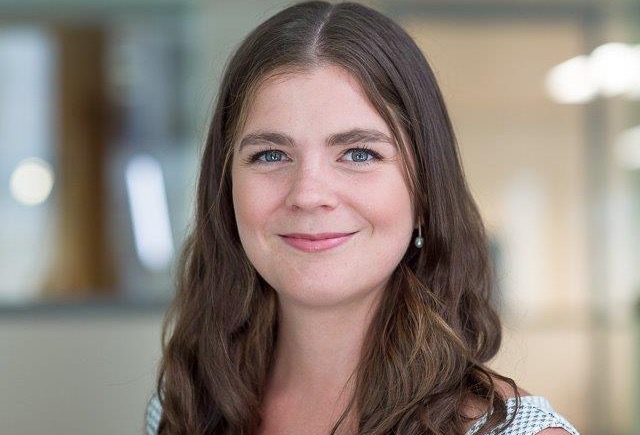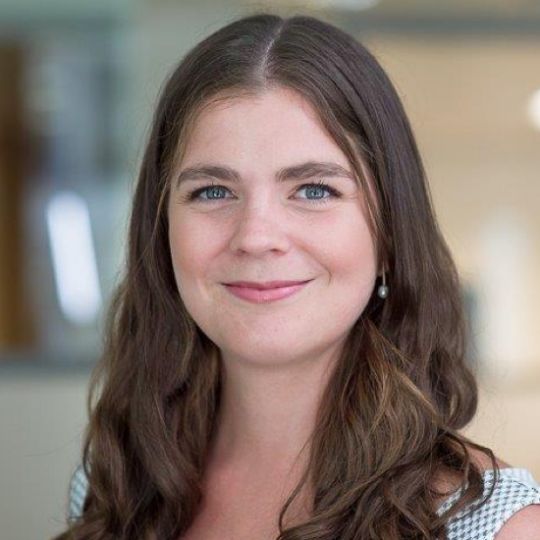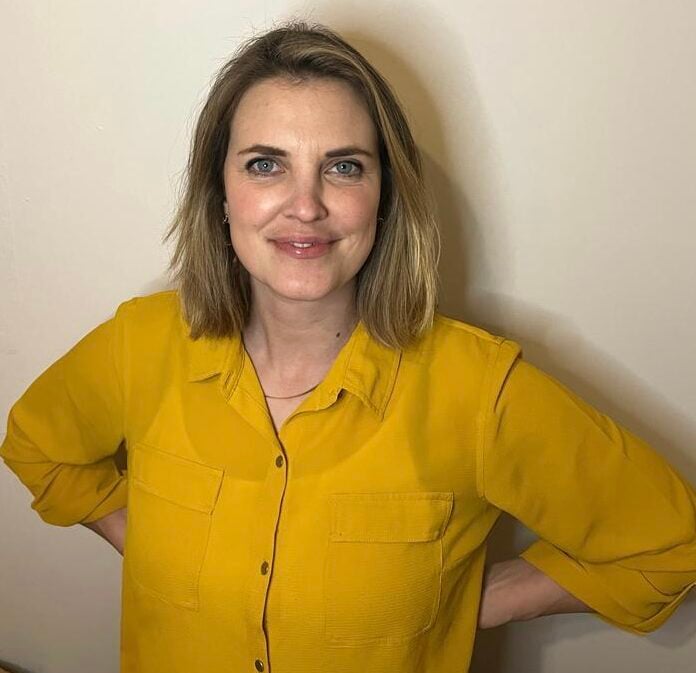Article written by Karolina Adamkiewicz | Published by Impact Investor on 22 March 2022
Read the article
This month’s launch of the Global Alliance of Impact Lawyers brings to light the increasingly important role that legal professionals can play in driving impact through the advice they give. GAIL’s launch follows last year’s publication of ‘A Legal Framework for Impact’ report, part of a project led by the Generation Foundation, UNEPFI and UNPRI.
In brief
- The new Global Alliance of Impact Lawyers (GAIL) brings together legal leaders committed to impact
- Lawyers can have a significant impact on where capital is invested, and are ideally placed to influence through the advice they give
- GAIL’s launch follows last year’s publication of ‘A Legal Framework for Impact’ report, part of a project led by the Generation Foundation, UNEPFI and UNPRI
As impact investing grows, so does the need for defining clear frameworks and standards for the sector.
Over the last few years, much of the focus has been on how we define, measure and report impact but, lately, the industry has turned its attention to the legal frameworks regulating the sector.
This month saw the launch of the Global Alliance of Impact Lawyers (GAIL), an initiative that brings together a network of “legal leaders who are using the practice of law to have a positive impact on people and the planet, and to accelerate the just transition”.
The network, which links esela – The legal network for social impact with the US Benefit Company Bar Association, and Latin America’s Red Latinoamericana de Abogados de Impacto, has been set up to enable the exchange of knowledge between its members, and to showcase examples of impact work that have led to positive social and environmental outcomes.
Speaking to Impact Investor, Sarah Dobson, executive director of GAIL, explains that Esela already had regional working groups in the UK, Europe and Asia Pacific, but that the new global alliance has allowed them to bring North America and Latin America into a single global structure, with plans to expand to Africa shortly.
She believes that lawyers can have a significant impact on where capital is invested.
Impact law
“Our members are interested in the practice of impact law. Primarily, what this means is looking at how businesses across the globe can be part of the sustainable economy and advising on the sustainable flow of capital. We have members working in business and human rights, and in corporate governance. But we also have lawyers in impact investment, giving advice to clients ranging from wholesale impact investors, right down to individual investees.”

She adds: “Lawyers are ideally placed to influence through the advice they give. They understand the parameters of the legal system and, as well as being able to block progress, they can also be an enabling force to drive systems change for the better.”
Dobson says that the tightening regulatory framework around company reporting on their social and environmental impact also meant that lawyers were well placed to help companies adjust their business practices to meet current and future legal requirements.
She adds: “Regulations such as the forthcoming EU Corporate Sustainability Reporting Directive, provide a strong argument for lawyers to encourage clients to adapt their businesses and benefit from being first movers.”
Legal framework
GAIL’s launch follows last year’s publication of ‘A Legal Framework for Impact’ report by law firm Freshfields Bruckhaus Deringer, which looks at the legal complexities and opportunities for investing for impact across jurisdictions.
The report is part of multi-year project led by the Generation Foundation, the United Nations Principles for Responsible Investment (UNPRI) and the United Nations Environment Programme Finance Initiative (UNEPFI).
“This project was among the first grants we made in the ‘investor climate action’ pillar of our strategy, and remains the largest grant we have ever made,” says Grace Eddy, director at the Generation Foundation. “We funded it with conviction because it is highly ambitious and has the capacity to make an enormous difference to the way investors contribute to environmental and societal goals.”
Eddy explains that one of most surprising aspects of the report’s findings was that many mainstream investors are already required to invest for impact.
“We expected to find that the law was permissive in certain circumstances and that regulation and policy would be needed before mainstream investors would be required to invest for sustainability impact. We were pleasantly surprised to learn that’s not the case. Many investors already have duties to invest for sustainability impact, particularly when it comes to climate change,” she explains.
The project team is currently working with policymakers in the EU, Australia, Canada, Japan and the UK, which according to Eddy were chosen from the 11 jurisdictions covered by the report for being among “the most advanced and ready to meaningfully accelerate investing for sustainability impact over the next few years”.
Investor participation
Eddy explains the project was initiated with two end goals. Firstly, the implementation of the policy recommendations of the Freshfields report, and secondly, to drive up investor participation in investing for impact.
“Investors need to set goals, take action and assess progress on systemic issues that are likely to affect their financial returns in the long-run and [those which] they can feasibly do something about.” she explains. “The project will look at both the legal frameworks –the law and regulations that govern behaviour – and also the context in which they are applied.”
The project’s ultimately aim is for the financial system to play its part in limiting global warming and achieving agreed societal goals, in line with the UN Sustainable Development Goals (SDGs).
“In practice, this means ensuring the rules for the finance sector are clear and align with governments’ stated ambitions on these goals. It also means supporting investors to understand their duties and permissions, and supporting them to invest for sustainability impact. We need a wholesale shift in capital markets over the next eight years and we want to do all we can, in partnership with others, to support that,” she adds.
 Login
Login




